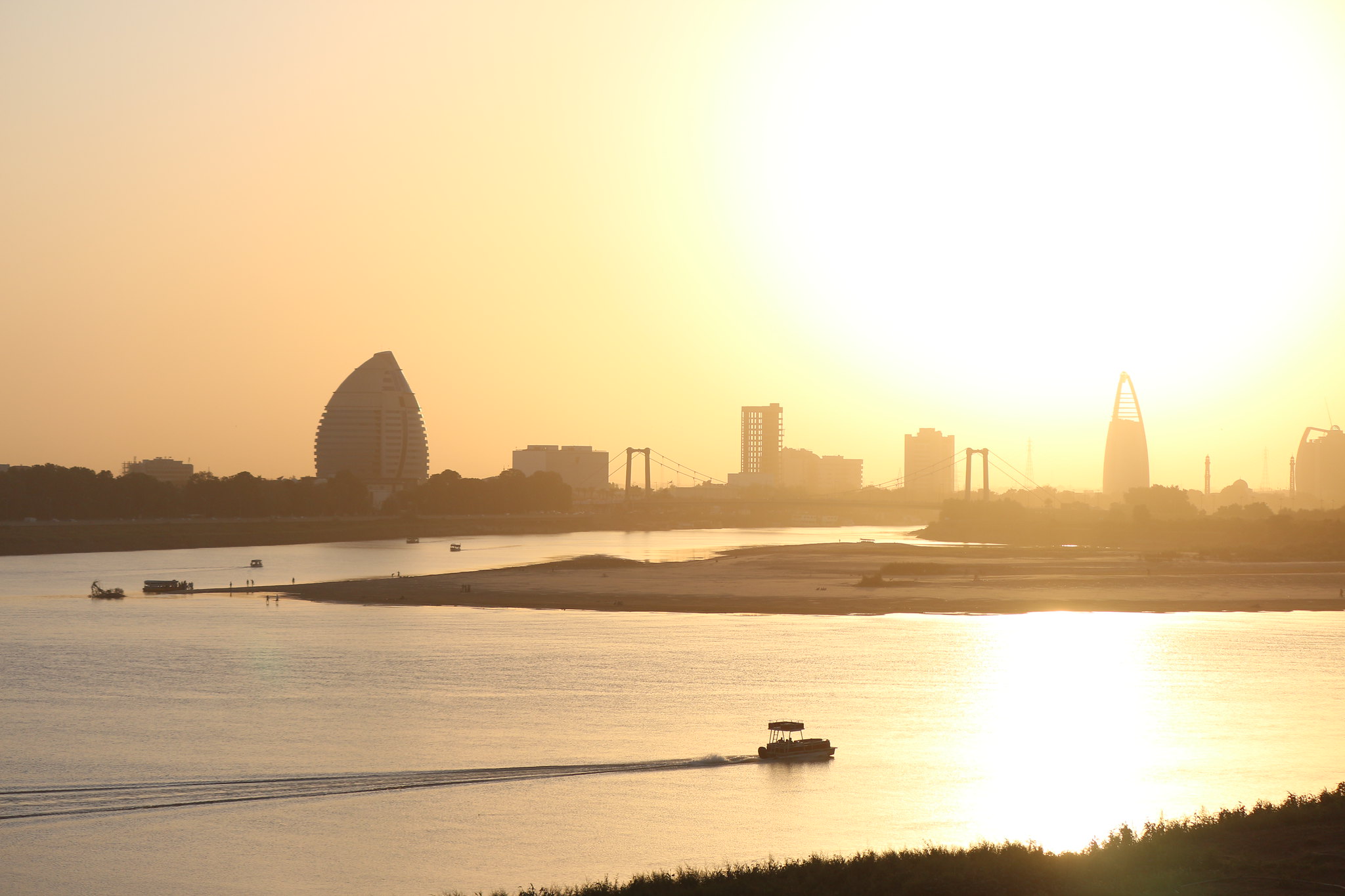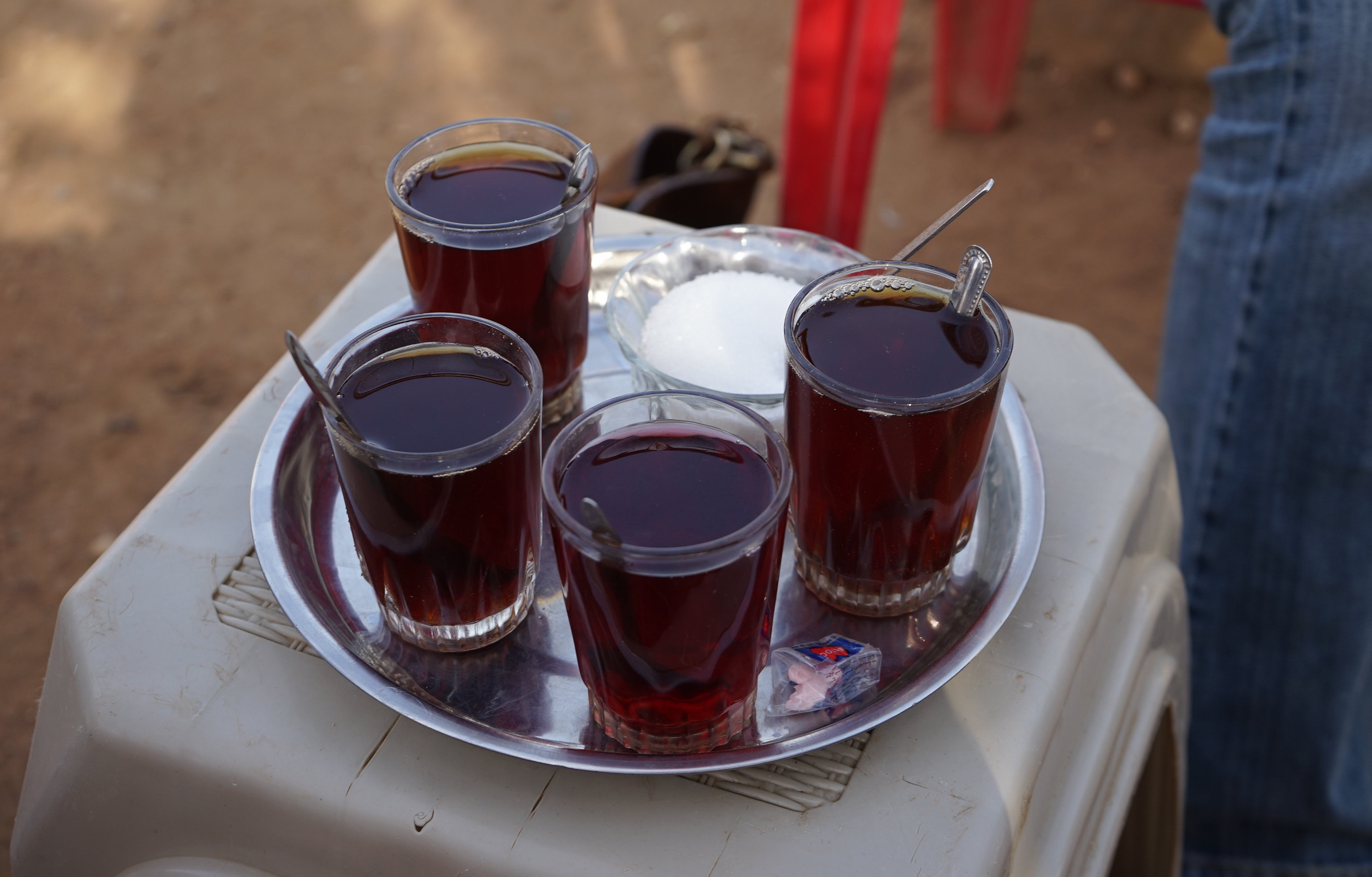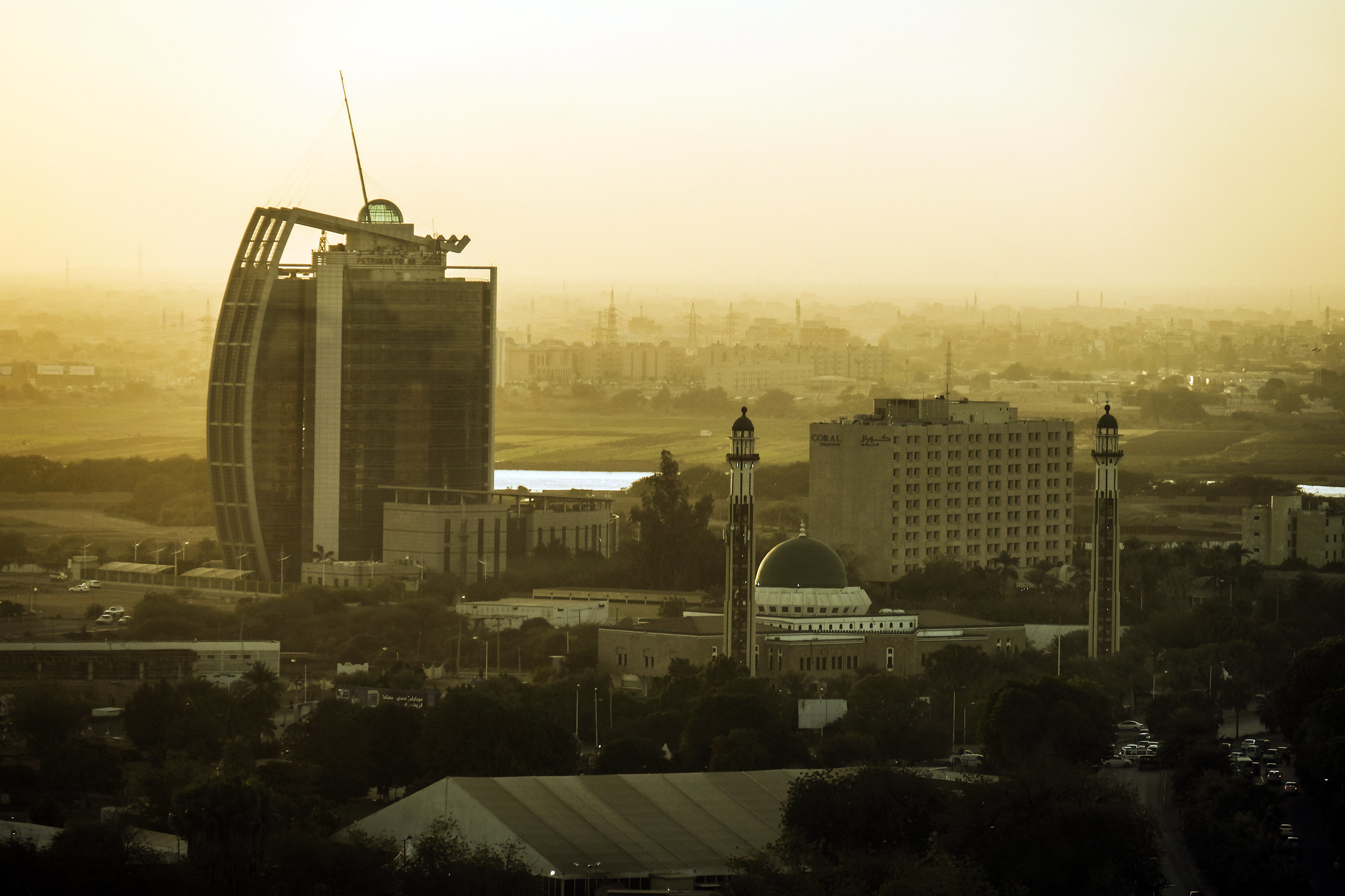The once mighty Sudan Armed Forces have made a series of military and political errors that have increased the possibility of their disintegration and the collapse of the Sudanese state, writes Harry Verhoeven.
Since the outbreak of Sudan’s latest civil war, the situation has remained consistently frustrating for the Sudan Armed Forces (SAF). For months, beleaguered army units have struggled to break the grip of the Rapid Support Forces (RSF) on much of the capital, Khartoum. RSF and their allied militias have overrun most of Darfur and swathes of South Kordofan, as they consolidate themselves as the pre-eminent force in Western Sudan. Since December 2023, RSF columns have also advanced into Central and Eastern Sudan, with the collapse of defences in Wad Medani, one of the country’s biggest cities, a landmark humiliation for SAF. In the eyes of decision-makers across the Horn of Africa’s capitals, the prospect of RSF supremo Mohamed Hamdan Dagalo “Hemedti” becoming Sudan’s new strongman has moved from hypothetical to distinct possibility.
This success owes much to RSF outperforming expectations, through deft management of logistics over immense distances, skilled local commanders tactically outwitting their opponents, and Emirati support via neighbouring Chad. But at least as important is SAF’s underperformance, militarily as well as politically.
SAF should be thought of as a complex institution rather than an amalgamation of caricaturised generals preoccupied with furthering their personal interests or ethnic agendas. SAF is older than independent Sudan and has always guarded its autonomy from the state and society. It is an institution with historical memories, a corporate ethos and enduring interests that transcend the idiosyncrasies of individual commanders or interest groups. It is precisely SAF’s insistence on this autonomy and desire to protect what it perceives to be its legitimate institutional prerogatives that has spurred continuous competition with Sudan’s other security organs, such as the intelligence services and paramilitary militia. Officially, all groups served the goal of defending Sudanese sovereignty and the constitution. In practice, intense rivalries frequently invited and organised by Sudan’s political rulers have always existed alongside cooperation, shaping the rise and fall of regimes. The desire to re-establish SAF as pre-eminent among the security organisations in the wake of the previous regime’s collapse helps explain why war erupted with RSF in April 2023.
The build up to war
Prior to its latest coup of October 2021, SAF had overthrown three civilian governments: in 1958 at the request of the sitting Prime Minister, in 1969 with the hopes of constructing socialism with the Sudanese Communist Party, and in 1989 allied to Islamist revolutionaries. The circumstances surrounding these coups differed, as did the level of support within the army itself, but each time a SAF officer became president. After the consolidation of each regime, disappointment resurfaced as the SAF man at the apex began to mistrust the comrades who put him in power. Other state security providers were increasingly empowered, deepening the fixation of SAF officers with security competition.
This is precisely what happened in the final years of the Al-Ingaz regime that ruled Sudan between 1989 and 2019. While Omar Al-Bashir cultivated his image of the soldier-president by spending hours at army-messes with his comrades and greenlighting exuberant spending on the SAF headquarters in Central Khartoum, the state and army were weakened after the independence of South Sudan in 2011. After that, Bashir’s survival as head of state increasingly relied on the National Intelligence and Security Service (NISS) and the coterie of battle-hardened Darfurian militias that were rebranded as RSF. Bashir bolstered NISS and RSF to counterbalance SAF and prevent a coup or an alliance between the army and re-emerging civilian opposition. RSF participation in the Yemen War and its capture of much of Sudan’s lucrative gold exports, both at the president’s invitation, filled the RSF treasury and gave Hemedti invaluable international networks. This increasingly destabilized the Al-Ingaz regime but Bashir ignored warnings about a ‘state within the state’. In response, SAF officers increasingly charted their own course and moved into commercial industries – meat processing, telecoms, sesame production and much else – at a heightened pace. This enriched the commanders personally but also provided the army as an institution with extra finances amidst intensifying security competition.
SAF abandoned Bashir as its commander-in-chief during the 2019 revolution and chose Abdelfatah El-Burhan as its next supremo. It was vital for much of SAF’s officer corps that its new leader was not an Islamist, which was seen as politically toxic after a decade of economic crisis and corruption scandals, nor a charismatic general with privileged ties to any other institutions or political parties. The nightmare scenario was that, once again, SAF would help land the crown on the head of one of its own, only for that officer to then erode the army’s influence and empower the other security services. Burhan appeared to be sufficiently weak, compelling him to rely on his fellow SAF bigwigs to govern.
SAF’s success in preventing the emergence of another powerful autocrat from its ranks undermined its manoeuvrability in post-revolution politics when Burhan’s leadership proved ineffectual. Burhan struggled to position the military as an indispensable partner for civilian politicians and protesters in Khartoum’s streets and to pit them against RSF. Such an outcome could have both affirmed SAF as the indisputable primary security institution and put Sudan on a firmer track toward civilian-dominated politics. Instead, Burhan gambled on the October 2021 coup, hoping that it would ensure SAF dominance over RSF or lead to a slimmed down cabinet of trusted civilian partners that would enable him to rule with greater effectiveness. Neither of which happened. Many SAF officials privately complain that Burhan’s incoherent calculations antagonised potential allies and rendered civilians susceptible to Hemedti’s overtures, leaving both army and country insufficiently prepared for the ‘inevitable’ confrontation with RSF. Since April 2023 and the outbreak of the civil war, Burhan’s febrile military strategy and diplomatic tactics have continued with disastrous results.
Because the battlefield situation is so dire and no external force appears to be rushing to its side, SAF has re-embraced the Islamist networks around former ministers Ali Karti and Usama Abdallah. These men have the money, motivated infantry, and talent for organising that offers one of the few options available to SAF as it seeks to turn the tide. However, this partnership comes at a high cost. Many in SAF, including Burhan himself, fiercely distrust Sudan’s Islamic Movement and have mixed feelings about the Al-Ingaz years, although this sentiment is reciprocated by Islamists. SAF outreach to Karti, Abdallah and other hardliners is not only anathema to Sudan’s civilian parties, but it also damages Burhan’s attempts to portray SAF as embodying the Sudanese state and middle-of-the-road nationalism with the region and the West.
In contrast, Hemedti has been successfully touring East Africa and has issued a ‘road map’ for peace (which explicitly excludes former Al-Ingaz constituencies from participation) with former Prime Minister Hamdok and other civilians.
SAF bet that Burhan would steer them away from the contradictions of the past and help resolve its institutional dilemmas. Unfortunately for the institution, however, that choice increasingly appears to have been instrumental into bringing Sudan to the edge of an abyss and threatens to take SAF with it.
This blog is based on ‘Surviving revolution and democratisation: the Sudan armed forces, state fragility and security competition’, The Journal of Modern African Studies 61, no. 3 (2023): 413-437.
Photo credit: UN used with permission CC BY-NC-ND 2.0 DEED






Thank you professor Verhoeven for this interesting insight on the Sudanese military.
It appears Sudan is headed into warlordism as Ethiopia, Libya and a few places in Africa are.
This comment brings a fresh perspective and highlights how the search for validation and support can influence complex political situations as well.